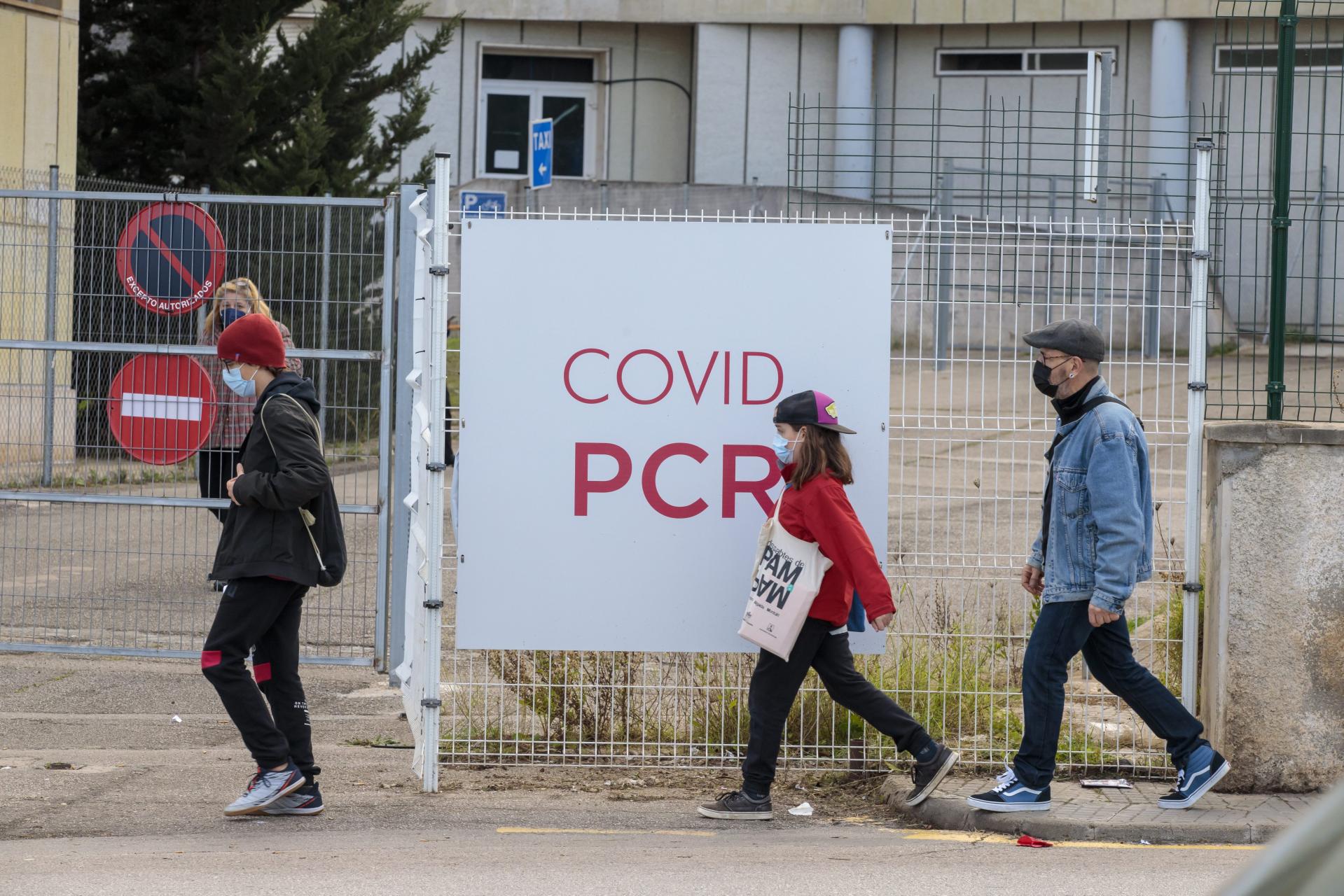Spain's government is working on rules to limit the retail price of antigen tests for COVID-19, Prime Minister Pedro Sanchez said on Monday, after shortages were reported in many pharmacies across the country last month.
Price rises during the surge in Omicron cases and the scarcity of tests in pharmacies have raised protests from opposition politicians and consumer groups, many of whom are calling for tests to be sold in supermarkets.
"The debate we had before and during the Christmas season was the supply of tests, there was a bottleneck," Sanchez said in an interview with Cadena SER radio station. "Now, we will get into the control of the tests' prices."
Sanchez said it might be time to use different parameters to track the pandemic as COVID-19 becomes less deadly, confirming an earlier report that the authorities were considering monitoring it in a similar way they follow the flu - without recording every case or testing all symptomatic people.
A liberalisation of the market for antigen tests would be more efficient than a cap on prices, centre-right opposition leader Ines Arrimadas said on Monday.
"Not far from here, in Portugal, people can go and buy tests in their local super(market)," she told reporters.
Antigen tests sell for about 3 euros in neighbouring Portugal while they costs some 10 euros in Spain, where they are only available in pharmacies, Arrimadas said.
Spain's infection rate as measured over the past 14 days hit a new record of 2,723 cases per 100,000 people on Friday, an increase of more than 10-fold since the start of December.
Intensive care occupancy reached 22%, up from 8% a month ago but still only half the peak of 43% recorded a year ago.
Spain will purchase 344,000 doses of Pfizer's COVID-19 antiviral pill in January, Sanchez also said on Monday.
The pill, Paxlovid, is for adults who have mild to moderate infection and are at high risk of their illness worsening, is most effective when taken during the early stages of COVID-19, before any eventual hospitalisation.


No comments
To be able to write a comment, you have to be registered and logged in
Currently there are no comments.